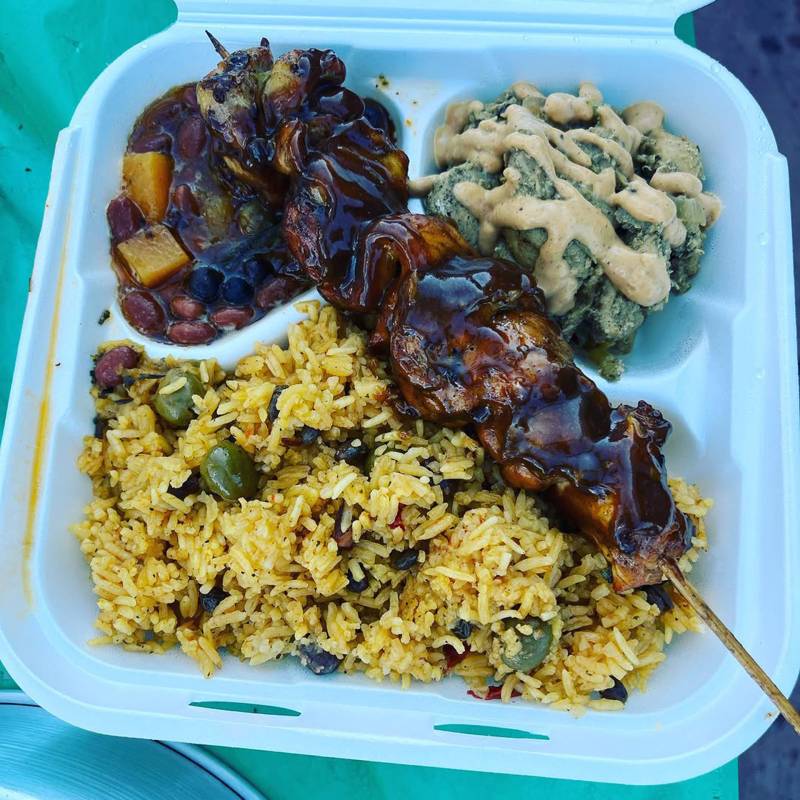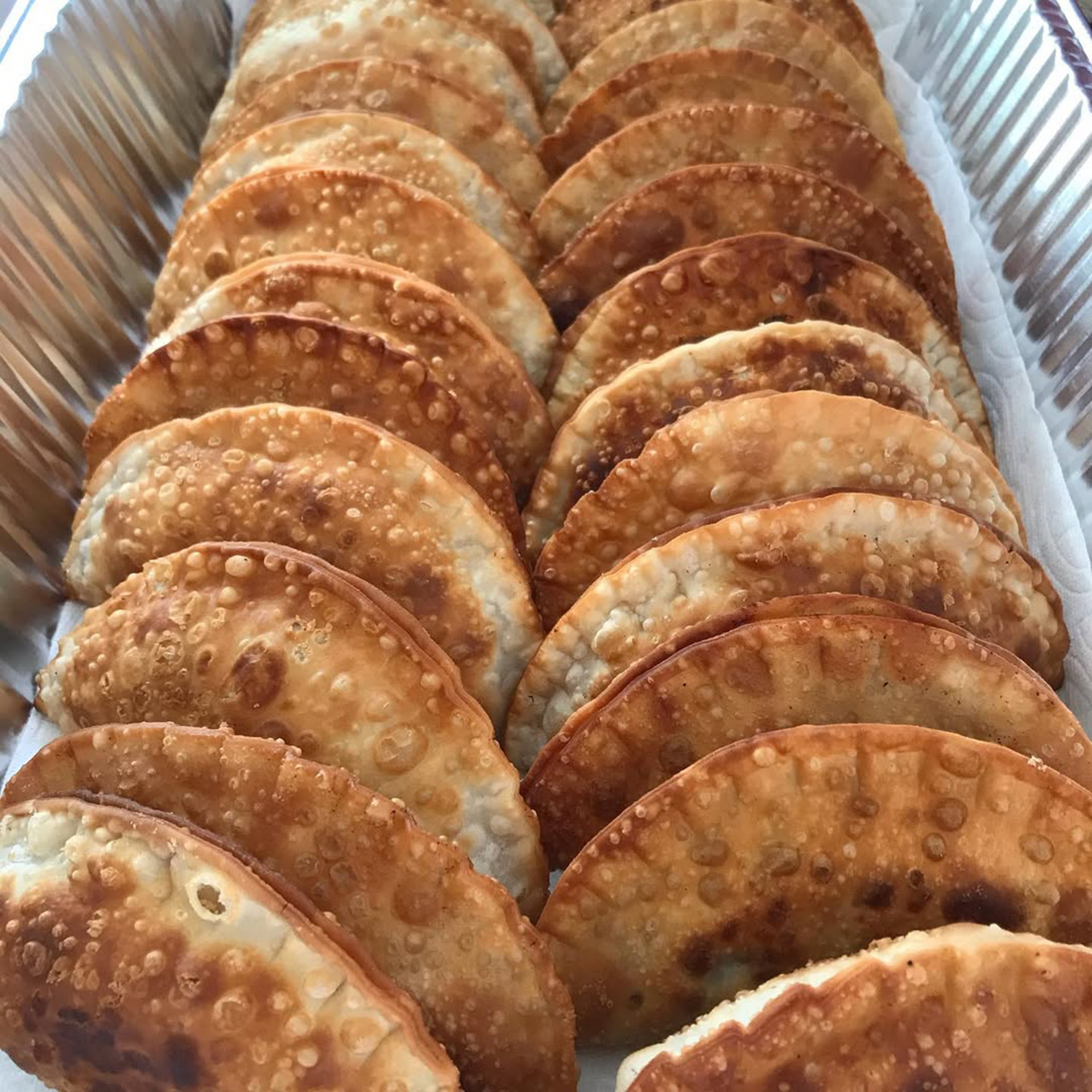This weekend, San Jose’s History Park will waft with salsa music and the intoxicating smell of deep-fried empanadas. But while food will be abundant, Saturday’s inaugural Afro-Latino Festival also aspires to go beyond the usual fun and games associated with this kind of cultural celebration. It wants to teach visitors how Afro Latinos have been part of the city’s fabric since its earliest colonial days.
All in all, it’s one more reminder that Silicon Valley is so much more than just the home to our region’s high-tech overlords.
The festival is being organized and hosted by San Jose’s African American Heritage House (AAHH), a nonprofit community center dedicated to educating the public about the history of African Americans in Santa Clara County — an often overlooked history that goes back nearly 250 years. And so, in addition to celebrating Afro-Latino culture through lively music and delicious food, the goal of the festival is to make visitors aware of how much of that history is specifically Afro-Latino: When El Pueblo de San José de Guadalupe was founded in 1777, the first batch of settlers included five families of mixed Mexican and African descent.
“It really goes back to just what we were taught in school and what we were not taught. Everyone knows about the transatlantic slave trade, to an extent, but they think in terms of where we are in the USA, right? But before those slave ships came here, they went to Cuba first,” AAHH president Susan Rigmaiden explains. “[The festival is] just to raise awareness on that. There’s a lot of cultural diversity within what people see as African or Black descent.”
Rigmaiden says she’s actually not certain herself of the exact size or scope of the Afro-Latino and Afro-Caribbean communities in Silicon Valley today. Santa Clara County’s Black population, on the whole, sits at around just 2.9%, and the readily available data doesn’t break down how many of those folks also identify as Latino. As Rigmaiden notes, a city like San Jose doesn’t really have a “Black side of town” these days, much less a specific Puerto Rican or Afro-Dominican neighborhood.



